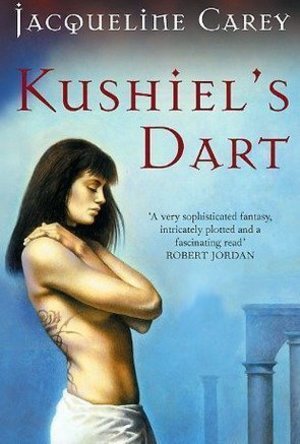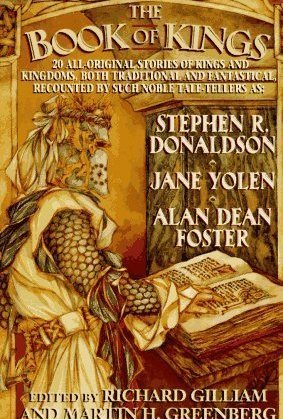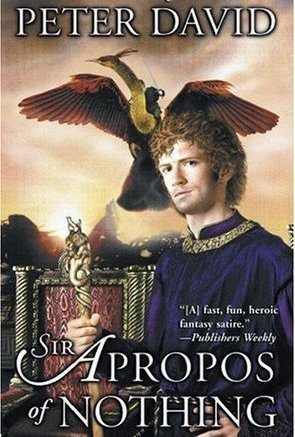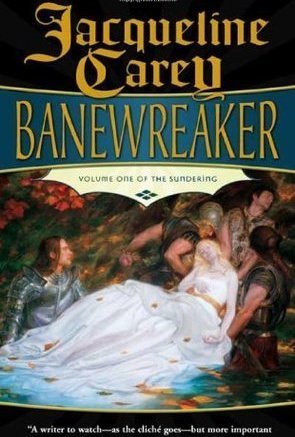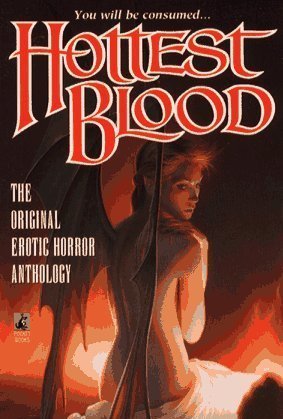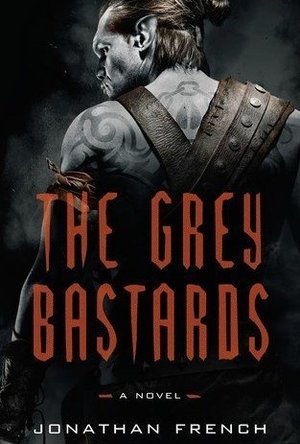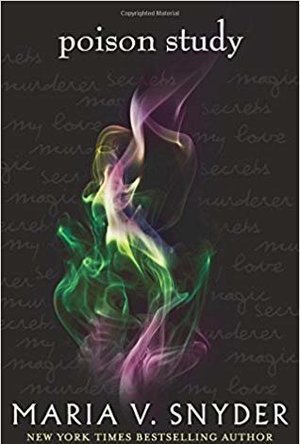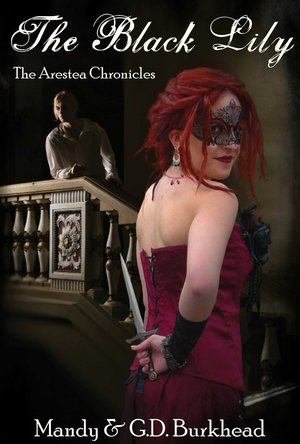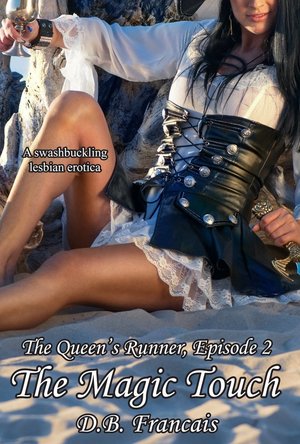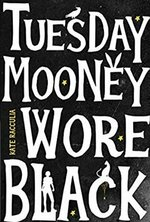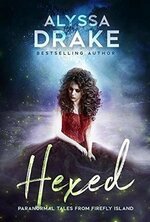
Mandy and G.D. Burkhead
@burkshelf
Indie Authors
Custom
Nashville, United States
Joined: Mar 25, 2018
We are a writing duo with one fantasy novel, The Black Lily. We are also book reviewers, especially for books by fellow indie authors.
Last Rated Items
Badge collection
-

Junior Editor
Earned at May 20, 2018, 10:28:13 PMActive -

Book Reviewer
Earned at Jul 12, 2018, 7:25:48 AM -

Smashbomb Reporter
Earned at May 20, 2018, 10:18:06 PM -

Smashbomb Reviewer
Earned at Mar 25, 2018, 1:49:52 AM
Items Added (11)
This profile stream is still empty!
No matches with your selected filters!

Kimberly Michelle Endsley
(7 KP)
International Reader Extraordinaire
Avid reader of all genres (except extreme horror), mom to 5 beautiful girls, Grammy to 4 precious...
Last Active: Sep 2, 2019

BlackWidowAK72
(0 KP)
Life long bookworm
46 year old grandma, I'll read pretty much anything!
Last Active: May 27, 2018
Kimberly Michelle Endsley
(7 KP)
International Reader Extraordinaire
Avid reader of all genres (except extreme horror), mom to 5 beautiful girls, Grammy to 4 precious...
Last Active: Sep 2, 2019

BlackWidowAK72
(0 KP)
Life long bookworm
46 year old grandma, I'll read pretty much anything!
Last Active: May 27, 2018
